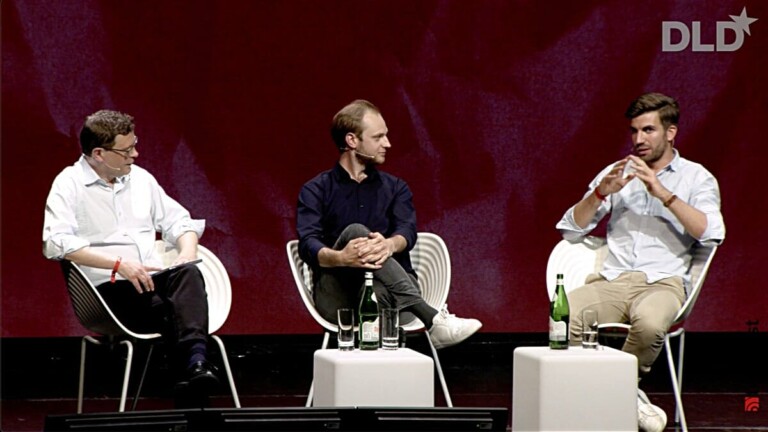Is AI advancing or prohibiting gender equality? That’s the core issue that computer scientist Joy Buolamwini, Harvard University professor Iris Bohnet and Maria Furtwängler, founder of the MaLisa Foundation, discuss in this DLD Munich 2020 session.
“Humans are biased, and we are creating machines”, argues Iris Bohnet, “so it comes as no surprise that our machines are biased.” In her view, AI has indeed worsened conditions such as the gender gap at work. However, she says, the problem was not conscious bias of programmers but rather the data that machine learning systems often rely on.
“Data is destiny”, observes Joy Buolamwini, who worked extensively on revealing racial and gender bias in AI, observed that. “We are destined to fail most of society if we rely on pale male data sets.”
The panel also highlights the need for systemic change. “With machine learning you can change a lot but you are still in a cultural ecosystem”, Buolamwini says, calling for a rethink of societal norms around gender and work.





